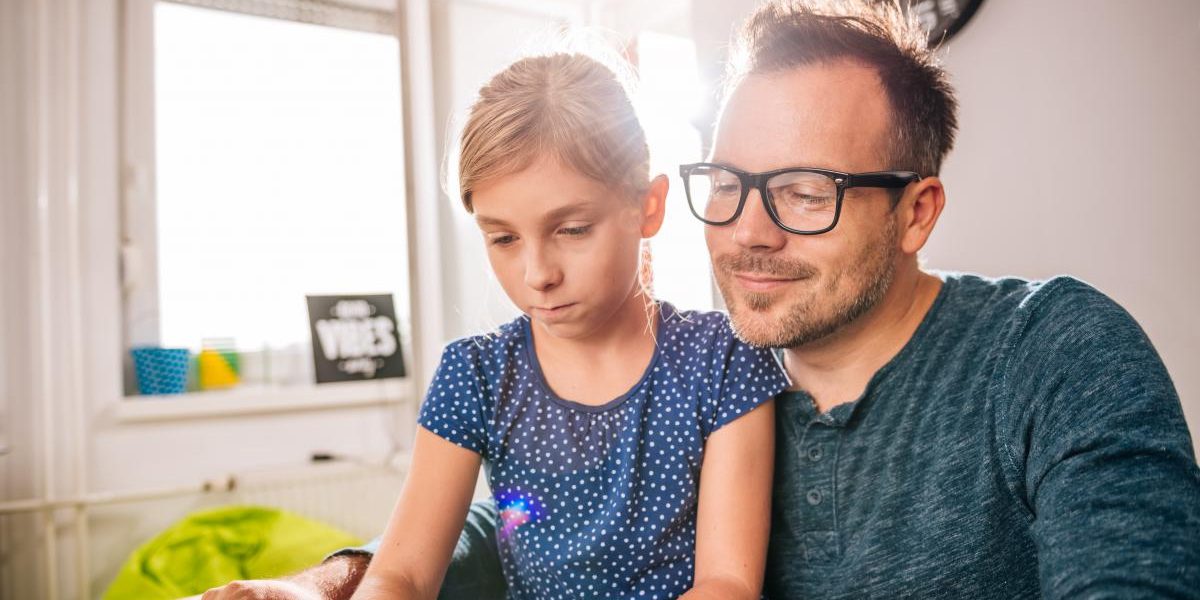
Children and Media: How Much Is Too Much?
February 22, 2017
Encouraging Children in New Pursuits
March 8, 2017
We all know that we should learn from our mistakes, and we want our children to do that, too. But what do we say? What do we do in order to teach them how? Interesting research coming out of Stanford University may help with that question.
Carol Dweck is a researcher who has found that encouraging children to think about their ability as something that can develop with effort can increase motivation and learning. Viewing ability and intelligence as something that can grow and change is called having a growth mindset. On the flip side, if children think that ability cannot change, this is called a fixed mindset, and these children may question their ability and stop trying when they run into a difficulty.
Many parents have read this research and understand that ability in different areas can be changed through effort, and these parents have adopted a growth mindset themselves. Interestingly, however, research has shown that parents’ mindsets are often not predictive of their children’s mindsets.
Carol Dweck and Kyla Haimovitz have instead found that parents’ failure mindsets are more predictive of how children think about their own ability. This means that parents who think that failure is enhancing are more likely to have children that have growth mindsets and persevere when things get hard. That is, when a child comes home with a failing grade, these parents are more likely to focus on how to learn from mistakes and improve in the future, with less concern about setbacks.
Parents who think that failure is debilitating are more likely to have children with fixed mindsets, who may quit and question their ability when they run into difficulty. These parents are likely to focus on the child’s performance and pity the child, doubt his or her ability, and/or comfort the child for not having enough ability when performance was not as good as expected.
So back to the question of what is a parent to do?
- Understand your own ability mindset. Do you believe that ability can be enhanced with hard work and effort? The research suggests that it can.
- Understand your own failure mindset. What do you do when your child comes home with a poor grade or performance on something at school? Do you focus on the child’s performance and doubt his ability, or do you take it in stride and have a conversation with your child about what he can do differently next time?

- When your child brings home a lower-than-expected grade, you may feel disappointed, and your child probably feels this, too. Acknowledge the feelings, and then try to focus on the child’s learning. Help your child problem solve about what may be changed next time to get a different outcome. Should she try a different way of studying? Should she see her teacher more often when she does not understand?
When something does not go as expected, we need to remember to focus on the learning, and teach problem-solving to move forward. In this way, we can help our children learn from mistakes.
Blogger Stephanie Dunne, Ed.S., is the Center Director at Springer School and Center. Prior to coming to Springer, Stephanie practiced as a school psychologist in public and private schools for ten years. If you have questions, please contact Director of Learning Programs Carmen Mendoza at .



